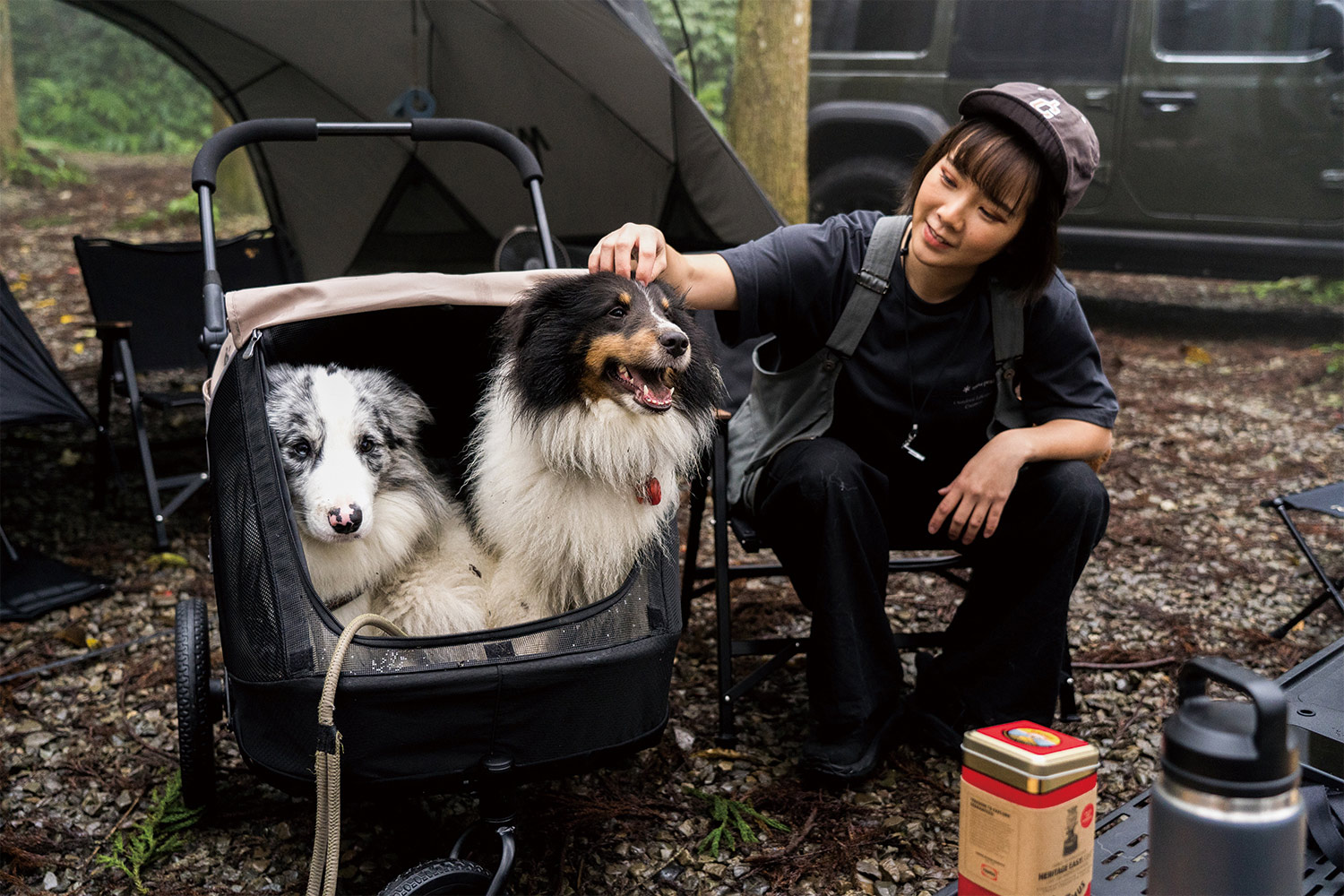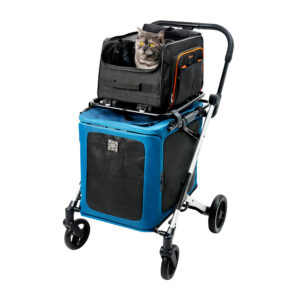Dogs can definitely look sad (or dramatic!) when you don’t share your food, but it’s usually more about wanting a taste than actual sadness. Their pleading eyes and whiny sounds are part of their natural instincts—they’ve learned that begging can sometimes get them a treat.

That said, dogs don’t hold grudges if you don’t share, and they’ll quickly move on if distracted with their own food or a toy. It’s best to avoid giving them human food that could be unhealthy or toxic.
Do dogs get sad when you dont give them your food?
Dogs may look sad when you don’t share your food, but they’re not actually heartbroken—just hopeful! Their big, pleading eyes and whining are instinctive behaviors designed to get your attention (and maybe a bite). While they might feel a little disappointed in the moment, they don’t dwell on it like humans do.
As long as they’re well-fed and getting attention in other ways, they’ll move on quickly. Plus, many human foods aren’t safe for dogs, so it’s actually an act of love not to share! Does your dog have a signature “begging face”?
Is it meant to not share food with a dog?
It depends on what food you’re considering sharing! Some human foods—like plain cooked chicken, carrots, or blueberries—are safe for dogs in moderation. But many foods, like chocolate, onions, grapes, and heavily seasoned dishes, can be harmful.
Not sharing your food can actually be a good thing. It helps prevent bad habits like begging and ensures your dog sticks to a balanced diet. Instead, you can offer them a healthy dog-safe treat while you eat to make them feel included.
Do you ever share food with your dog, or do they have their own special treats?
Do dogs remember if you yell at them?
Yes, dogs can remember if you yell at them, but their memory and emotional response to it depend on the context, their temperament, and the relationship they have with you. Here’s a breakdown of how dogs process and remember such situations:
How Dogs Remember:
- Associative Memory: Dogs remember events based on associations. If you yell at them in a specific context (e.g., for chewing on furniture), they may associate the yelling with that action or the environment.
- Emotional Memory: Dogs are highly sensitive to tone and body language. Yelling can create a strong emotional response, such as fear or anxiety, which they may remember in similar situations.
- Short-Term vs. Long-Term Memory: Dogs have short-term memory spans of about 2 minutes, but they can form long-term memories, especially for emotionally charged events.
How Dogs React to Yelling:
- Fear or Anxiety: Yelling can scare dogs, making them anxious or stressed. This can lead to submissive behaviors like cowering, tucking their tail, or avoiding eye contact.
- Confusion: If the yelling isn’t paired with clear communication, dogs may not understand why they’re being scolded, leading to confusion.
- Negative Associations: Dogs might associate the yelling with you, the environment, or even unrelated objects, which can damage trust or create behavioral issues.

Better Alternatives to Yelling:
- Positive Reinforcement: Reward good behavior with treats, praise, or playtime. This encourages dogs to repeat the desired behavior.
- Clear Communication: Use consistent commands and body language to help your dog understand what you want.
- Redirect Behavior: Instead of yelling, redirect your dog to an appropriate activity (e.g., give them a toy instead of scolding them for chewing on shoes).
- Stay Calm: Dogs respond better to calm, assertive energy. If you’re frustrated, take a moment to collect yourself before addressing the behavior.
Building Trust:
If you’ve yelled at your dog in the past, they may remember it, but you can rebuild trust through positive interactions, patience, and consistent training. Dogs are forgiving and live in the moment, so focusing on positive reinforcement will help strengthen your bond.
In summary, dogs can remember yelling, especially if it was emotionally impactful, but they are more likely to respond to positive and consistent training methods. Yelling is generally not an effective way to communicate with your dog and can harm your relationship over time.
Do dogs understand human crying?
How Dogs React to Crying
Dogs often respond to human crying in ways that show concern or a desire to comfort. Common reactions include:
- Approaching You: Many dogs will come closer, nuzzle, or lick you as a way to offer comfort.
- Whining or Pawing: Some dogs may whine, paw at you, or try to get your attention to show they care.
- Staying Close: Dogs might sit or lie down near you, providing quiet companionship.
- Mimicking Your Emotions: Dogs are known to mirror human emotions, so your sadness might make them appear subdued or anxious.

Why Dogs Comfort Us
- Instinctual Behavior: Dogs have evolved to be attuned to human emotions as part of their domestication. Comforting behavior may have been reinforced over generations.
- Bonding: Dogs form strong emotional bonds with their owners and want to maintain harmony in their social group.
- Positive Reinforcement: If comforting you has led to positive outcomes (e.g., pets, treats, or praise) in the past, dogs may repeat the behavior.
What You Can Do
- Acknowledge Their Efforts: If your dog comforts you when you’re crying, thank them with gentle pets or kind words. This reinforces their positive behavior.
- Stay Calm: If your dog seems anxious or stressed by your crying, try to calm yourself and reassure them that everything is okay.
- Respect Their Space: Some dogs may not know how to respond to crying and might feel unsure. Give them space if they seem overwhelmed.
How Dogs Process Being Hit
- Fear and Anxiety: Hitting a dog can cause fear, anxiety, and confusion. They may associate the pain with you, the environment, or specific actions, which can damage their trust in you.
- Short-Term Memory: Dogs have short-term memories of about 2 minutes, so they may not remember the exact incident for long. However, they can form long-term associations with negative experiences, especially if they are repeated.
- Emotional Impact: Dogs are highly sensitive to their owners’ emotions and actions. Being hit can create a lasting emotional impact, making them wary or submissive around you.
Signs Your Dog May Be Affected
- Avoidance: Your dog might avoid you or seem hesitant to approach you.
- Submissive Behavior: They may display submissive behaviors like cowering, tucking their tail, or rolling onto their back.
- Changes in Behavior: They might become more anxious, withdrawn, or even aggressive in certain situations.
- Loss of Trust: Your dog may take time to rebuild trust and feel safe around you again.
How Dogs Forgive
Dogs are naturally forgiving and live in the moment. If you hit your dog, they may not hold a grudge, but they will remember the emotional impact of the experience. Their ability to “forgive” depends on:
- Your Relationship: If you have a strong, loving bond, your dog is more likely to recover from a negative incident.
- Consistency: If you consistently provide love, care, and positive reinforcement after the incident, your dog will feel safer and more secure.
- Time: Dogs need time to rebuild trust, especially if the hitting was traumatic.

How to Rebuild Trust After Hitting Your Dog
- Apologize and Comfort: Show your dog kindness and affection to reassure them that you are not a threat. Speak in a calm, soothing voice and offer gentle pets.
- Avoid Repeating the Behavior: Never hit your dog again. Focus on positive reinforcement and reward-based training methods.
- Create Positive Associations: Spend quality time with your dog through play, walks, and training sessions to rebuild your bond.
- Be Patient: Trust takes time to rebuild. Allow your dog to approach you on their terms and avoid forcing interactions.
- Consult a Professional: If your dog’s behavior has changed significantly or you’re struggling to rebuild trust, consider working with a certified dog trainer or behaviorist.
Why Hitting Is Ineffective and Harmful
- Damages Trust: Hitting erodes the bond between you and your dog.
- Causes Fear and Anxiety: It can lead to long-term behavioral issues, such as fear-based aggression or anxiety.
- Ineffective Training: Dogs learn best through positive reinforcement, not punishment. Hitting can confuse them and make training more difficult.
Better Alternatives to Discipline
- Positive Reinforcement: Reward good behavior with treats, praise, or playtime.
- Redirect Behavior: If your dog is doing something wrong, redirect them to an appropriate activity.
- Consistent Training: Use clear, consistent commands to help your dog understand what you expect.
- Stay Calm: If you’re frustrated, take a break and return to training when you’re calm.
In summary, dogs are forgiving by nature, but hitting them can have lasting emotional consequences. The best way to move forward is to focus on rebuilding trust through love, patience, and positive reinforcement. Remember, dogs thrive in environments where they feel safe, loved, and understood.




